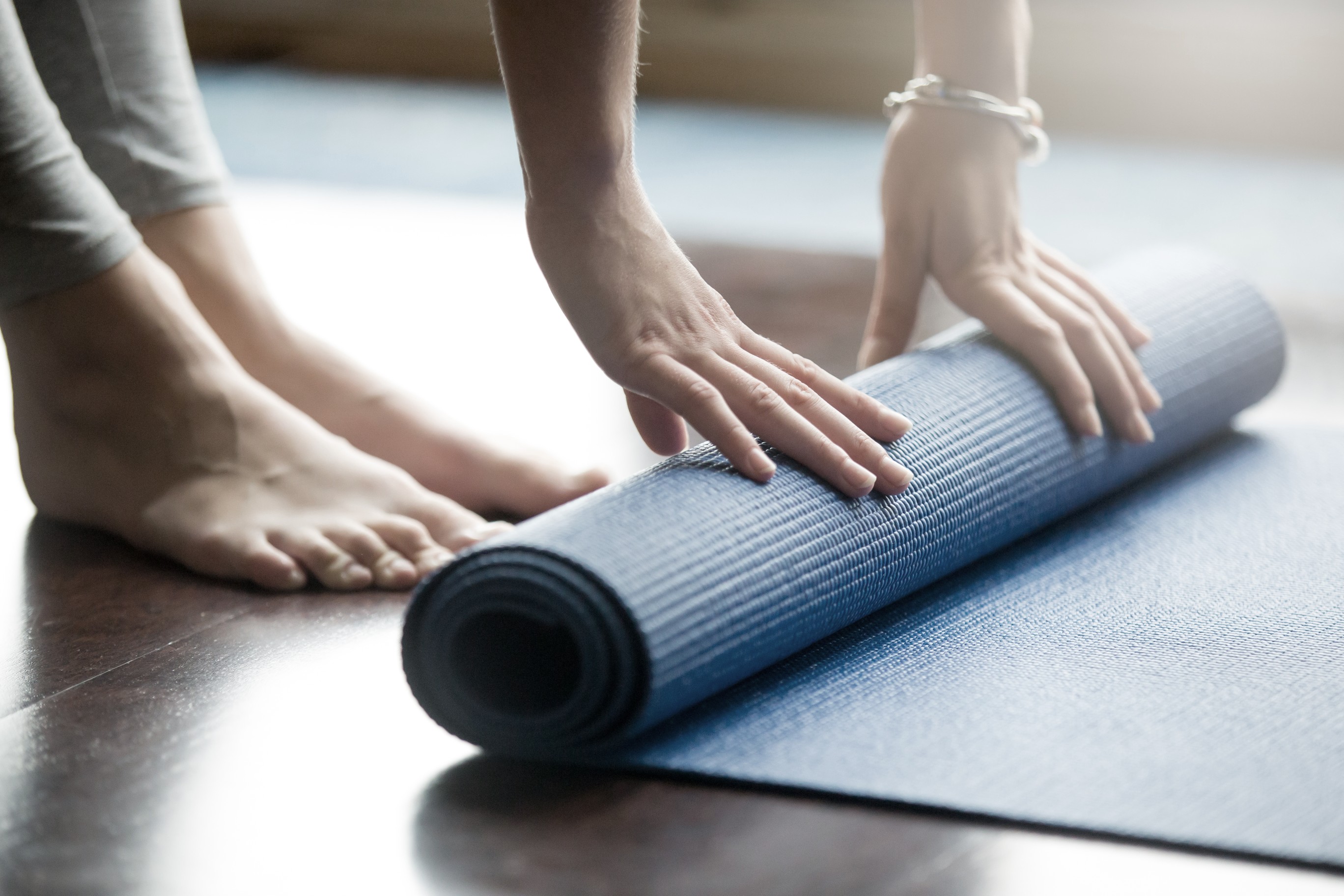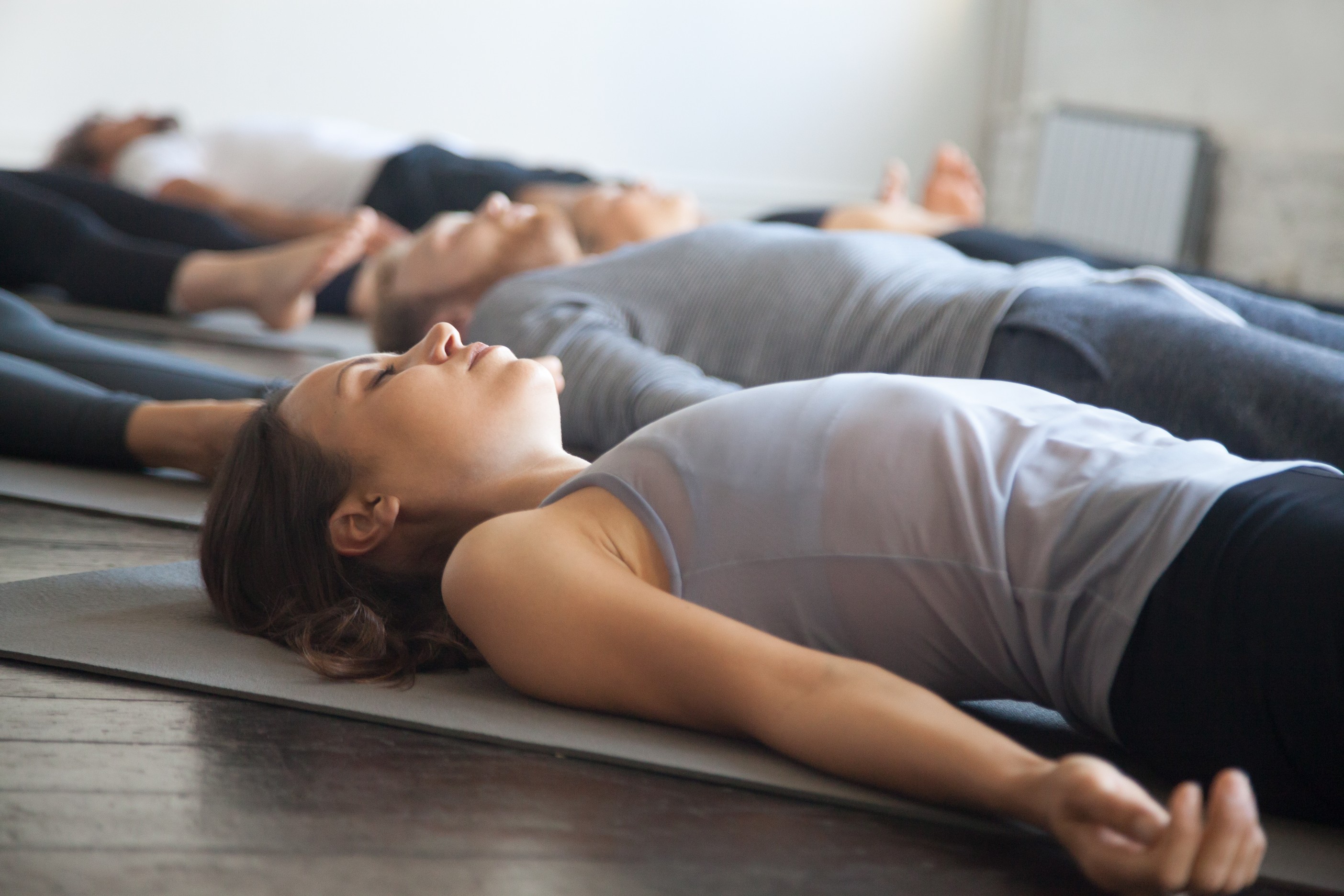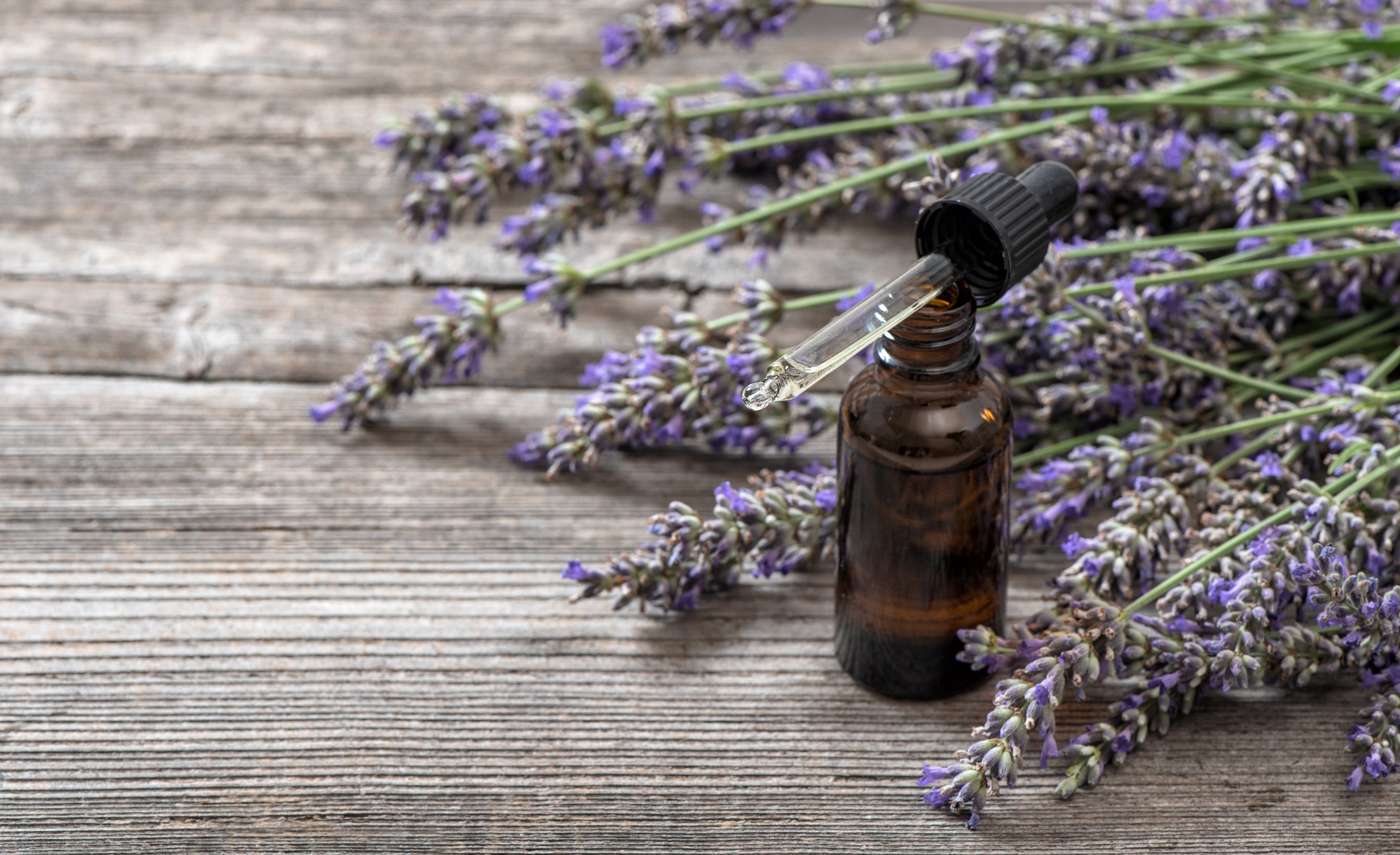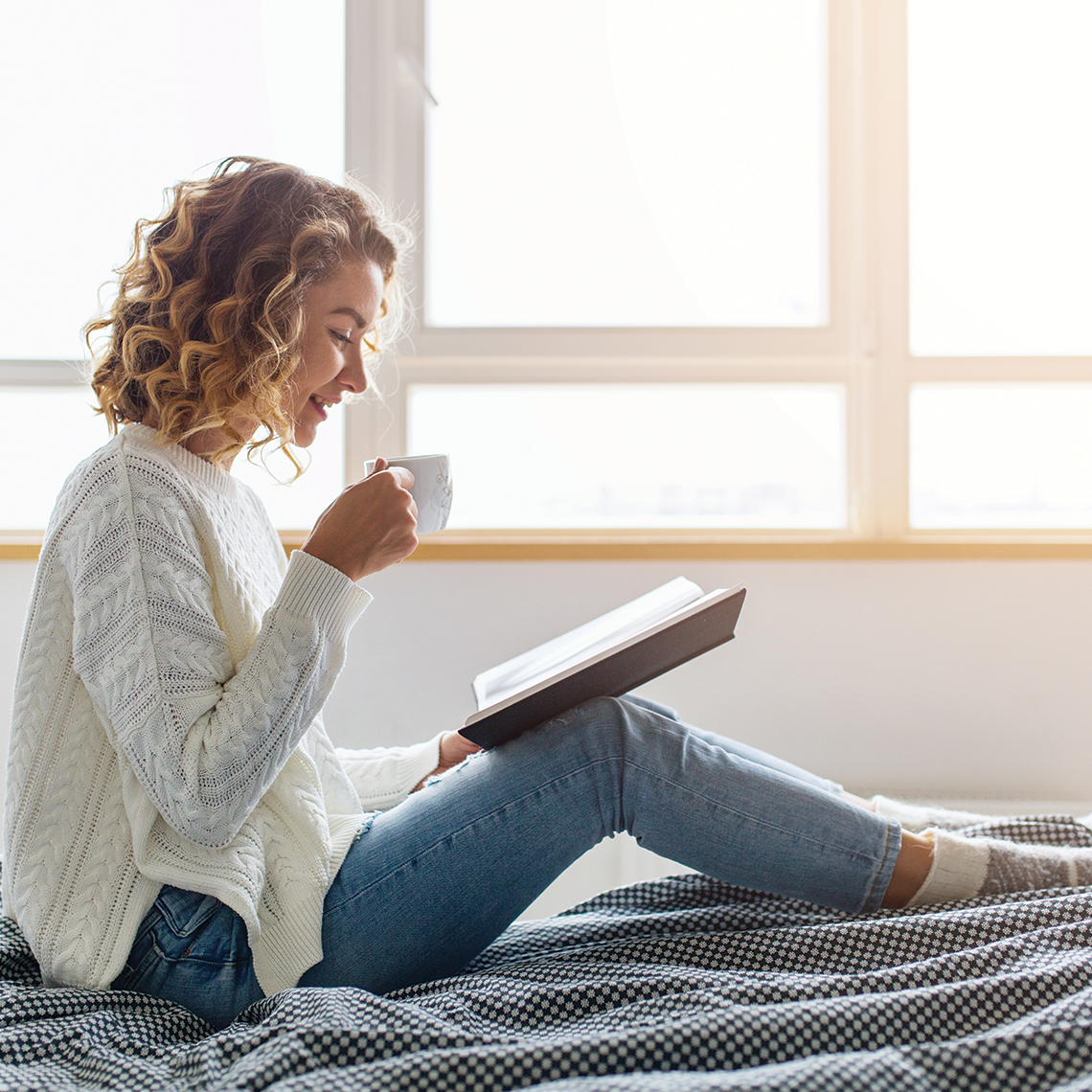The Bedroom
A peaceful place
The bedroom should be the quietest room in the house. Treat it as a sacred spot, a safe place to unwind and decompress, where you can deliver yourself into the arms of Morpheus, allowing you to recharge so that you’re ready to rise and face the day ahead. To set up a bedroom that’s conducive to sleep, choose a bed totally to your liking, along with high-quality bedding and pillows. As for décor, cushions and throws add softness and warmth, and also consider plants, which lend the room a touch of nature and a zen-like quality.
Physical Activity
Exercise in general
Physical activity is great for getting a good night’s sleep. In addition to its many health benefits, regular exercise reduces tension, thus enhancing the quality of sleep. The morning is the best time for athletic activity because doing sports, especially outdoors, synchronizes your biological clock.
Yoga
You can do yoga at any time of the day, even before you go to bed, as some stretches have a calming effect. Yoga has many benefits. In particular it allows you to release tension simply by doing breath work in specific poses.
Meditation & Relaxation
Meditation
Meditation can help counteract brain hyperactivity that causes nocturnal rumination. Just three minutes of meditation a day is all it takes to feel the benefits. You can do it while seated comfortably in your favourite armchair, or even sitting on a dining room chair. The important thing is to find a quiet spot.
Yoga Nidra
Yoga nidra is practised while lying on your back in the yoga savasana position. This posture of total relaxation is accompanied by positive visualization that allows the body and mind to relax completely and absorb the benefits of the practice. Some even suggest that 20 minutes of Yoga Nidra can be as effective as three hours of sleep!
Epsom salt baths
Taking a bath with Epsom salt is a great way to relax. Epsom salt acts both on the mind and the body. It calms the nervous system, improves sleep quality, increases concentration, and reduces anxiety and general discomfort.
Sophrology
Inspired by hypnosis, sophrology is a dynamic relaxation technique that induces a state of physical and psychic relaxation conducive to falling asleep. The process is based primarily on a muscle relaxation, segment by segment, coupled with breathing exercises and positive visualization. Quick and simple sophrology exercises promote relaxation and help reduce the physical and mental impediments to sleep.
Aromatherapy
Plants sometimes have unsuspected properties, such as, for instance, sedating, soothing and relaxing effects that promote sleep. They can be taken in the form of infusions or as essential oils.
The plant most clearly linked to sleep is lavender, but many other plants also have interesting properties, such as chamomile, lime blossom, orange blossom, lemon balm, valerian, etc.
Light
The biological clock
What a conductor is to an orchestra, the biological clock is to the body. It is a part of the brain that synchronizes our circadian system to a 24-hour day/night cycle. Without this synchronization, our sleep patterns would shift every day to the point where people would not be awake at the same time. Several synchronizers act simultaneously to maintain the rhythm: the most powerful of these is light.
Food
The evening meal
What you eat for supper has a significant effect on your ability to fall asleep as well as on the quality of your sleep. The meal should be low in fat, as most fats slow down digestion, which can disrupt the quality of sleep. Conversely, slow carbohydrates (starchy foods) boost the secretion of serotonin, which contributes to good quality sleep. The evening is thus the right time to eat pasta, wholegrain cereals and legumes.
Stimulants
It’s no secret that coffee can disturb sleep. Indeed, caffeine is stimulating, and can remain in the body for up to ten hours. So if you are sensitive to caffeine, its best to avoid drinking coffee even in the afternoon to make sure you sleep soundly.
Also, you should not rely on alcohol to help you sleep. You may fall asleep more quickly, but your sleep quality will suffer: you will be more agitated, your sleep will be interrupted and the end of the night will be rough.
Screens
Blue light
You can’t wave a magic wand to fall asleep, but you can prepare for sleep, which is a stage many people skip. The best tip for avoiding insomnia is to turn off your screens at least an hour before going to bed. Blue light from electronic devices keeps you awake. Not only is the activity of looking at a screen stimulating, but the light from the screen affects your internal clock via the retina, suppressing the release of the sleep-inducing hormone melatonin.
If you like to read in the evening, opt for a paper book and read it in the light of a small bedside lamp, listen to audio book, or use an e-reader.
Music
The only electronic device that should be allowed in the bedroom is one that plays music. By reducing the production of stress hormones, music has natural beneficial effects. Listening to relaxing music in the evening relieves anxiety and promotes sleep.
Good daytime habits lay the foundation for sound sleep. These tips will help you develop healthy lifestyle habits that will have you sleeping like a log!
Until then, sleep well!













